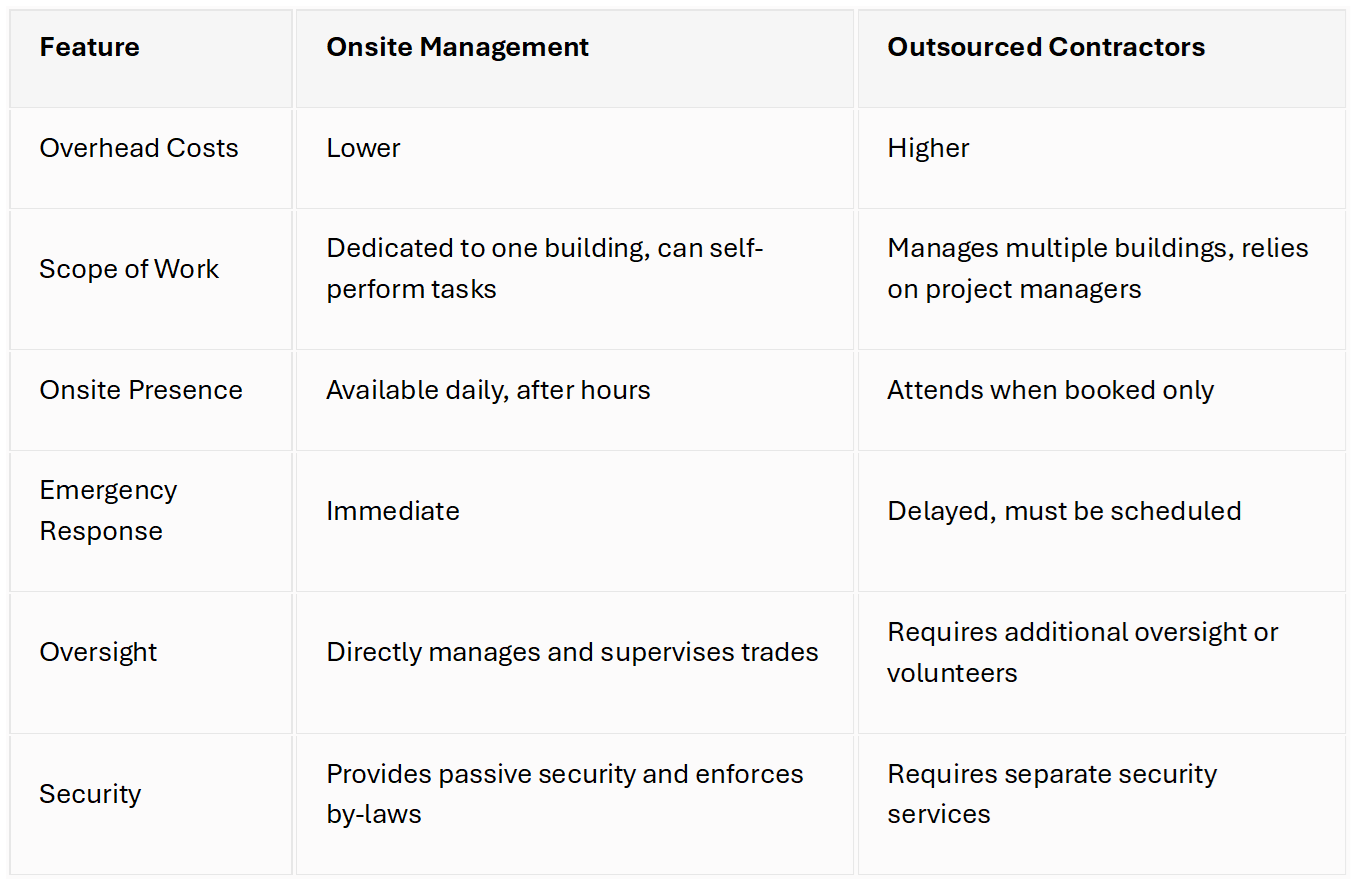Title: Understanding Onsite Management: Maximizing Value and Community in Your Unit Complex
Introduction:
Investing in a unit complex offers numerous opportunities, but effective management is crucial to protect and enhance your investment. This report explores the benefits of onsite management, clarifying its role and demonstrating its value for both investors and the overall community.
What is Onsite Management?
Onsite management is a comprehensive approach to managing a unit complex, where a dedicated manager lives within the complex. The manager typically gets management rights through a caretaking agreement with the developer. They also have letting agreements, that allows them to let units within the complex on behalf of the investor owners. They are on-site property managers
The Core Responsibilities of Your Onsite Manager:
The onsite manager plays a vital role in ensuring the smooth operation, maintenance, and overall appeal of the complex. Key responsibilities include:
Building Maintenance: Cleaning common areas, landscaping, pool maintenance, waste management, and pest control.
Compliance and Legal: Fire safety, workplace health and safety, insurance, and by-law enforcement.
Resident and Owner Relations: Handling complaints, communication, managing move-ins/move-outs, and enforcing by-laws.
Contractor Management: Sourcing, scheduling, and supervising tradespeople, ensuring quality and timely completion.
Why Onsite Management Matters to You (The Investor):
Increased Property Value: Well-maintained complex appearance and function increase property value.
Higher Rental Income: Improve guest experiences, leading to better reviews and repeat bookings
Tenant Satisfaction: Happy residents are more likely to renew their leases, reducing vacancy.
Asset Protection: Quick response to maintenance issues prevents costly damage.
Professional Letting Services: Handling leases, screening tenants, and ensuring legal compliance.
Why Support Your Onsite Manager?
For owners who may not have been fully informed about the benefits of onsite management during their property purchase, it's important to understand the advantages of supporting your onsite manager:
Shared Investment: Onsite managers are invested in the complex's success because they own property within it. This aligns their interests with yours.
Community Building: Onsite managers foster a sense of community, which enhances the living experience for all residents.
The Advantages of Onsite vs. Outside Contractors:
Maximizing Your Investment: The Letting Pool
For investor-owners, using the onsite manager for letting services offers distinct advantages:
Higher rental incomes.
Onsite managers are incentivized to maximize occupancy.
Having most or all investor-owned units managed by the on-site manager ensures a strong return on investment.
The Management Rights Business:
The developer typically initiates the process by selling the initial management rights, which include a caretaking agreement outlining a set of pre-determined duties. In many cases, a letting agreement is also established, clearly defining the rights and responsibilities of the onsite manager in both caretaking and letting roles.
Conclusion:
Onsite management offers a comprehensive solution for maintaining and enhancing the value of your unit complex. By understanding the role and supporting your onsite manager, both investors and residents can benefit from a well-managed, thriving community.
Actionable Steps:
Attend body corporate meetings to stay informed and participate in decisions.
Communicate openly with your onsite manager to address concerns and provide feedback.
Consider using the onsite manager for letting services to support the business and maximize your rental income.
Below a diagram to show how the health of the management rights affects the operations
Case Study: The Water Leak Crisis – A Tale of Two Responses
"Water leaks in multi-story unit complexes are a property owner's nightmare. A recent incident vividly illustrates the critical difference onsite management can make.
In a complex managed by offsite agents, a tenant on the lowest floor reported water actively leaking through their kitchen ceiling. Immediate action was crucial, and a plumber was promptly contacted. However, this is where the challenges began to mount.
The source of the leak was suspected to be in one of the units above. Unfortunately, contact information for the owners and tenants of these units was not readily available to the offsite agent. Some units were tenanted, others were owner-occupied, and contact details weren't easily accessible. Time ticked by as the agent scrambled to locate the necessary individuals to gain access. Further complicating matters, some tenants managed by other agents were overseas, and those property managers were only contactable during standard office hours.
Days turned into a frantic search, all while the leak continued to worsen. The cascading water caused significant damage, far exceeding what would have occurred with a swift intervention.
The Onsite Management Advantage:
Had an onsite manager been in place, the situation would have unfolded very differently. Onsite managers possess readily available contact information for all owners and tenants within the complex. They also have the authority to enter units in emergency situations. In this scenario, an onsite manager could have:
Immediately contacted the relevant parties to gain access to all affected units.
Quickly located the source of the leak, minimizing further damage.
Coordinated repairs seamlessly, preventing the escalation of the problem.
The Takeaway:
This case highlights the invaluable benefit of having an onsite manager with immediate access to critical information and the authority to act swiftly. In emergencies like water leaks, every minute counts. Onsite management provides a rapid response capability that can save owners significant time, money, and stress, preventing minor incidents from turning into costly disasters."


